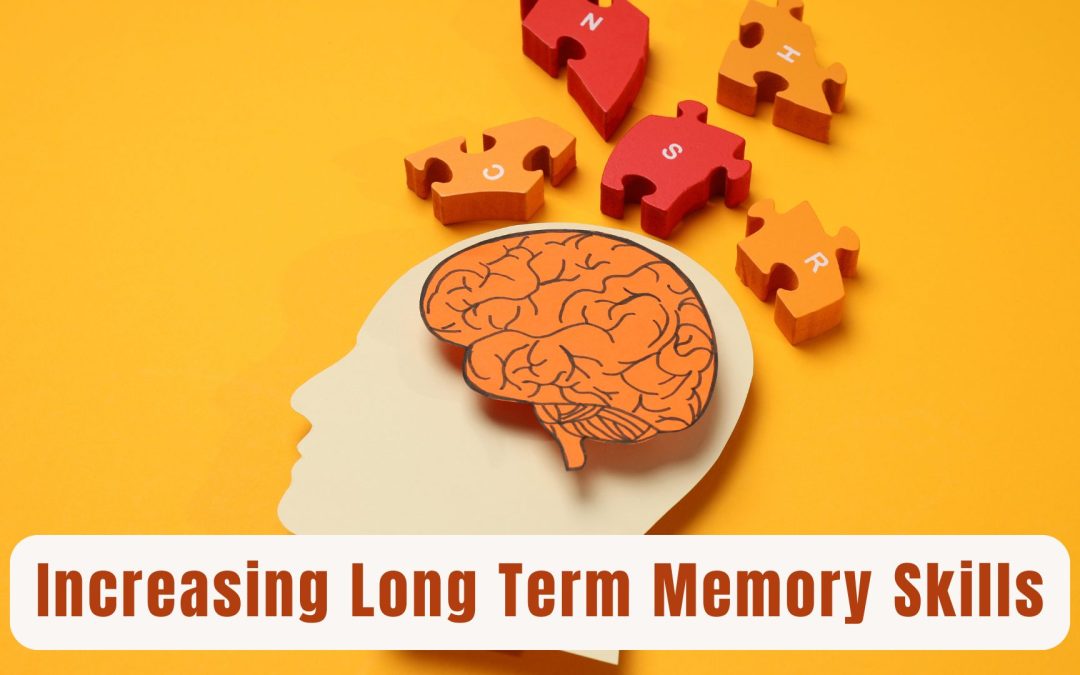Does it feel like you are constantly reminding your child or teen about something that just happened? Do you feel like they are not retaining information told to them on a regular basis? Increasing long term memory is the next best thing in helping your child or teen remember important information.
The Age of Constant
Newer generations are beginning to struggle with attention spans and long term memory since the golden age of constant information has been under way these past few years. There is a flood of information always on hand for children, and it can be overwhelming. They do not know what to recall and remember and what can be simply read and moved on from. This constant wave of information coming at them can create chaos within someone’s brain, struggling to keep up with all the things heard and seen in a day. Kids can more easily forget information since they are already moving on to four or five more different items in the span of thirty seconds.
Some Pointers
When hoping to attain better long term memory, one of the first suggestions is to take frequent breaks when reading information or hoping to gain new knowledge. Taking frequent breaks can help your brain rest, leading to better memory. And by taking a break, we don’t mean letting your child or teen then go onto their phone and watch a plethora of content. This will defeat the purpose of the break. Have them do a task that does not require a lot of brain power, such as doing the dishes, sweeping, or folding laundry. This can help them concentrate on the material they just read as opposed to forgetting it as they watch videos online.
Frequently using the skills or thinking about the material learned is another easy way to retain information. Being able to apply the learned material to a situation or project can help solidify the info, as your brain is actively using it to accomplish a task. Utilizing flash cards can even be an easy way of circling back to information learned. It is an easy and fast way for your child or teen to go over the material they learned and keeping it fresh in their mind.
Visualization
And of course, using visualization techniques can be an easier way of retaining information. Have your child or teen visualize the information they are reading, or performing whatever they may be reading or learning about. This can help solidify the information as well, as putting information learned into visual aids can help retain it for some learners.
Katie Kyzivat

